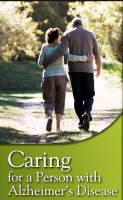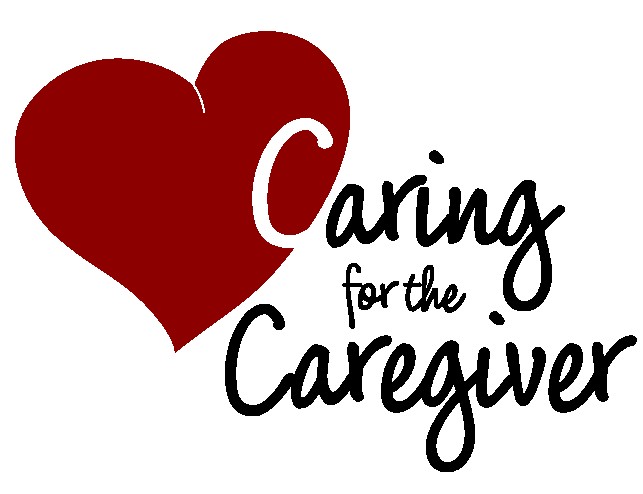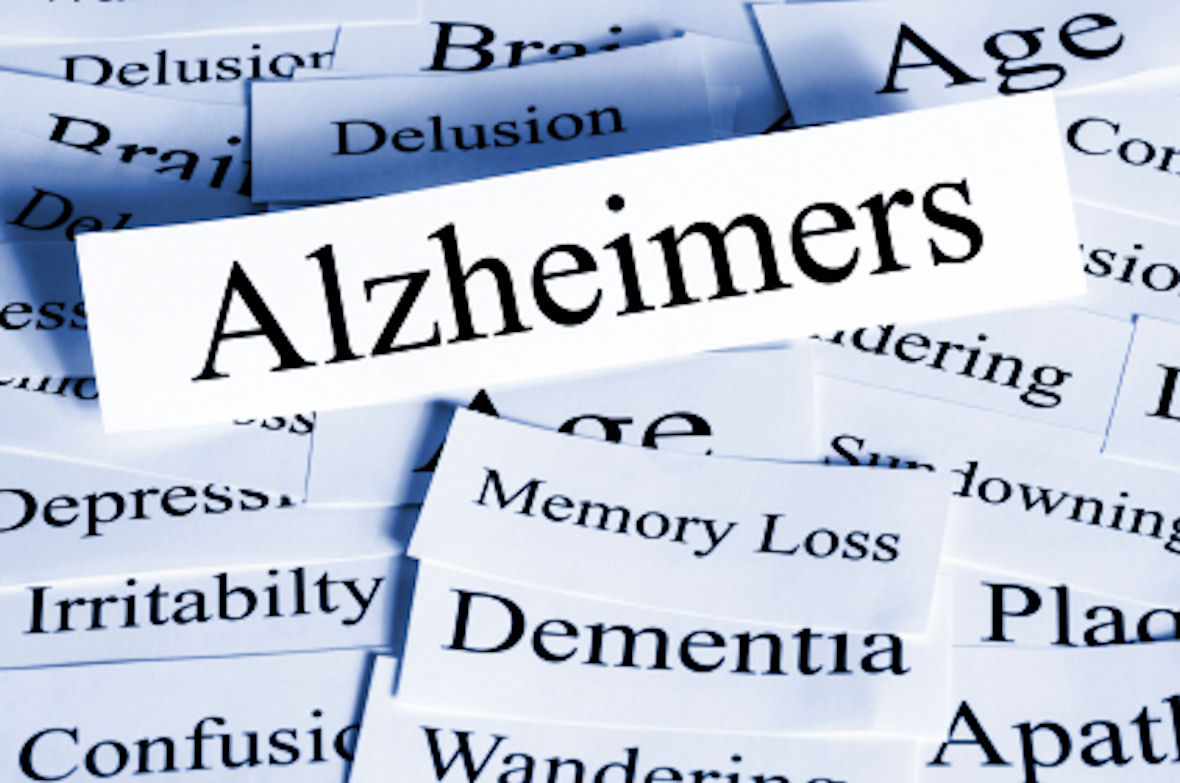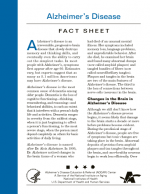During the later stages of dementia most people will become increasingly frail due to the progress of the illness. They will also gradually become totally dependent on others for all their care. Knowing what to expect can help everyone to prepare, and can enable the person to write an informed advance decision before they reach this stage so they can have some say over how they will be cared for.
Symptoms in the Later Stages
Each person with dementia experiences their illness in their own individual way. The symptoms described below do not necessarily indicate that a person is in the later stages of the disease, as several of them can also be experienced in the earlier stages. However, these symptoms are very likely to occur in the later stages.
Memory loss
Memory loss is likely to be very severe in the later stages of dementia. People may be unable to recognise those close to them or even their own reflection. They may no longer be able to find their way around familiar surroundings or identify everyday objects. However, they may occasionally experience sudden flashes of recognition.
The person may believe that they are living in a time from their past, and may search for someone or something from that time. It can be helpful for those around them to use this as an opportunity to talk about the past and try to reassure the person.
Even if a person has severe memory loss, they may still be able to appreciate or respond to outside stimuli such as music, scent and touch. (See Factsheet 526, Coping with memory loss.)
Communication
The person with dementia will experience increasing problems understanding what is being said to them and what is going on around them. They are likely to find it difficult to communicate with other people. They may gradually lose their speech, or they may repeat a few words or cry out from time to time. However, verbal language is only one way of communicating. The person’s expression and body language may give clues about how they are feeling.
Those around the person should continue talking to them as though they understand. This helps to preserve their dignity. There may still be moments when the person seems to make an appropriate response. (See Factsheet 500, Communicating.)
Loss of mobility
Many people with dementia gradually lose their ability to walk and to perform everyday tasks unaided. One of the first signs of this is that they shuffle or walk unsteadily. They may also seem slow or clumsy and be more likely to bump into things, drop objects or fall. A stroke, arthritis or the effects of a fall may also affect a person’s mobility.
An occupational therapist can give advice about equipment and adaptations to aid mobility and make the person’s surroundings safer. (See Factsheet 428, Adaptations, improvements and repairs to the home, and Factsheet 429, Equipment to help with disability.)
Some people with dementia eventually become confined to a bed or chair. Those who are caring for the person should seek advice from a physiotherapist on how to help the person to move without injuring themselves.
Eating and weight loss
Most people with dementia lose weight in the later stages of the illness, although occasionally people eat too much and put on weight. The person may need help and encouragement with eating and drinking. If chewing and swallowing are a problem, due to the muscles and reflexes no longer working properly, the person may choke on food or develop chest infections, so it is important to seek help. The GP may be able to refer the person to a speech therapist, or to a nutritional specialist for advice on a special diet. (For more information see Factsheet 511, Eating and drinking.)
Incontinence
Many people lose control of their bladder in the later stages of dementia. Some also lose control of their bowels. If this happens, the person’s GP should refer them to a community nurse or local continence adviser. (See Factsheet 502, Coping with incontinence.)
Behavior that seems puzzling
People in the later stages of dementia sometimes behave in ways that others find puzzling. ‘Puzzling behaviour’ varies from person to person but some common examples are described below:
- The person may become more agitated in the late afternoon and early evening. This is sometimes known as ‘sundowning’. Those caring for the person sometimes find it helps to give the person more individual attention at this time, or to arrange extra help at this time of day.
- The person may react aggressively if they feel threatened or cannot understand what is going on around them. (See Factsheet 509, Dealing with aggressive behaviour.)
- The person may rock backwards and forwards, use repetitive movements or keep calling out the same sound or word. If they are calm, this may simply be a useful coping mechanism. However, if the person seems tense, they may be distressed. It this happens, it is important to check their physical needs, comfort and well-being.
- Some people experience hallucinations, in which they see, smell, hear, taste or feel things that are not really there. Others develop delusions, in which they experience distorted ideas about what is happening. If the person is distressed, distracting and comforting them can help. (See Factsheet 520, Hallucinations and delusions).
- Some people are restless because they need more physical activity. They may feel calmer if they are helped to walk at different times throughout the day or to do gentle exercises, or if they can rock themselves in a rocking chair, for example.
- Excessive hand activity becomes more common. Here, the person constantly wrings their hands, pulls at their clothes, taps or fidgets, or touches themselves inappropriately in public. Rummage boxes, containing objects that feel interesting or are related to the person’s past, may help to keep their hands occupied.
- Periods of physical inactivity during which the person remains still, with their eyes open but not focused on anything, may increase.
Tips: Helping minimize discomfort and distress
The reasons for these types of behavior are not always clear, but they may be partly due to the progress of dementia and partly due to distress. There are several things to consider that may help:
- Make sure that the person’s spectacles are clean and hearing aid is functioning properly, if they use these.
- Check whether the person’s medication is appropriate or whether they might be ill or in discomfort (see ‘Health risks’ below).
- Check that they are not being overstimulated or disturbed by too many people, too much activity, harsh lights, loud noises or abrupt movements.
- Consider whether they may be understimulated. Gentle activities such as a hand massage, listening to favourite music or stroking a soft piece of fabric may help.
- Most importantly, make sure the person is comfortable − for example, not too hot or too cold, hungry or thirsty, or needing the toilet.
Health Risks
There are a number of factors that can be a risk to a person’s health that are common during the later stages of dementia, including immobility, medication and illness or discomfort.
Immobility
If the person with dementia remains in the same position for too long - for example, in a bed or chair - they may develop pressure sores. Pressure sores need immediate attention, as they can easily become infected and painful. Contact a community nurse straight away if you notice any signs of them. It is important to help prevent pressure sores by making sure the person with dementia moves their position frequently. (See Factsheet 512, Pressure sores.)
As people become less mobile, they are also more likely to develop infections and blood clots on the lung. Helping the person to walk or to make arm or leg movements while sitting in a chair can help. A physiotherapist can advise on safe forms of exercise.
Pages: 1 2









